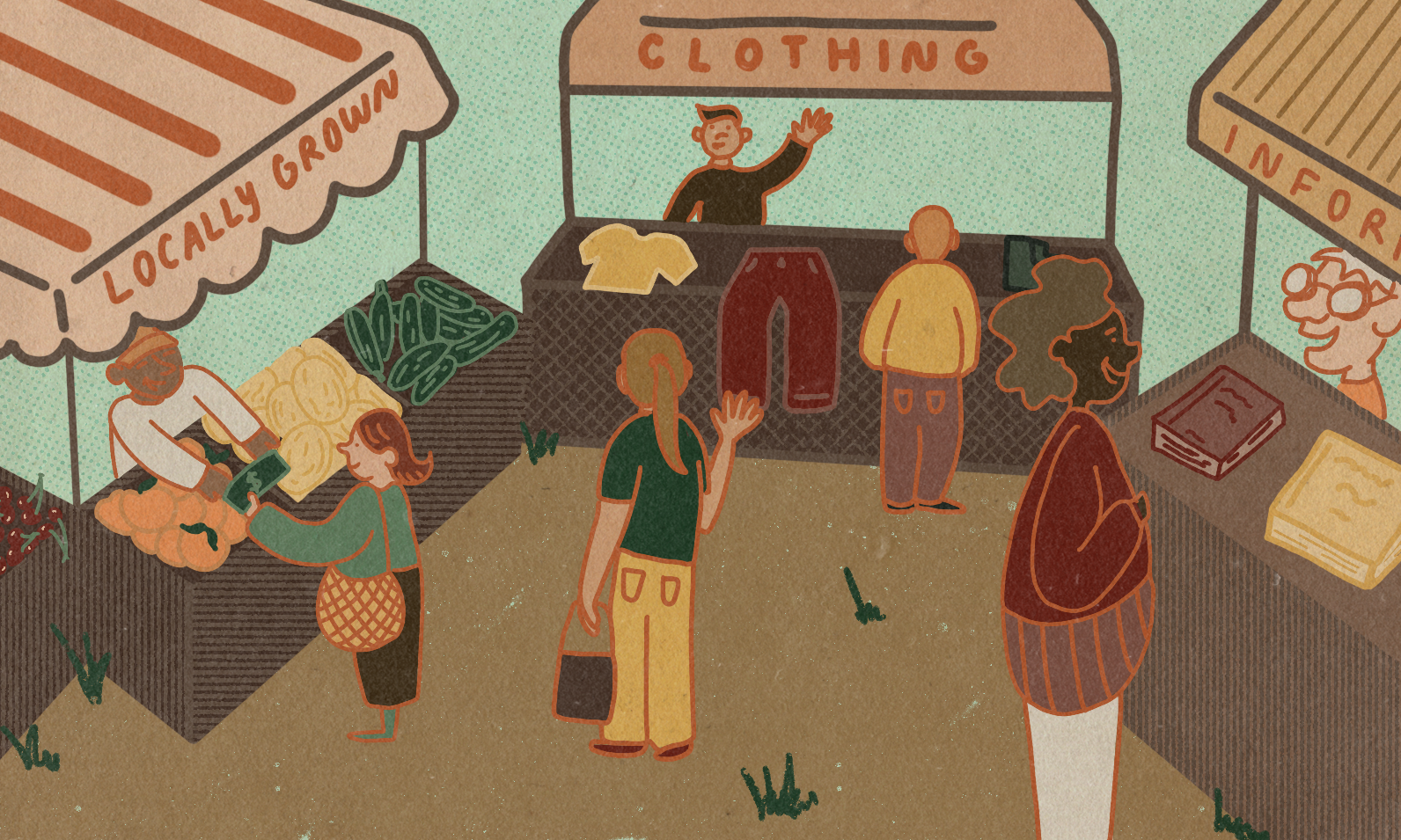Can Our Economy Afford Billion Dollar CEOs? The Long-Term Impact of Executive Excess on Income and Wealth Inequality
Extreme CEO Wealth Threatens Us All
The widening gap between the top 1% and the 99% has profound implications for our economy and society. How sustainable can this path be? The concentration of wealth among CEOs and the ultra-rich raises questions that we must answer with increasing urgency.
The Money is in All the Wrong Places
Writer Kelsey McKinney makes the case that the money is in all the wrong places. Wealth in America has become concentrated to such an extreme degree in the hands of a few, that the majority are left struggling:
“I do not care that some of this money was made in 'options' or 'bonuses' or the other kinds of ways that rich people hide how they pay themselves. That's how much they made; that much money, which might have gone anywhere and to anyone in the way that money does, instead wound up stopping with them.”
The disparity becomes even more apparent when taking even the briefest look at the earnings of top CEOs.
According to the Wall Street Journal, half of the executives earned $15.7 million or more in 2023 in a country where the federal minimum wage is $7.25 per hour.
The income disparity between corporate leaders and average workers begs the question: Can our economy sustain such extreme levels of inequity?
"Between 2020 and 2022, the world’s most affluent 1% of people captured nearly twice as much of the new global wealth created as did the other 99% of individuals put together, and in 2019 they emitted as much carbon dioxide as the poorest two-thirds of humanity" - Earthly Education
The Economic Implications
High levels of income inequality hinder economic mobility, making it difficult for lower-income individuals to improve their economic standing. This lack of mobility perpetuates a cycle of poverty and limits opportunities for advancement.
For example, in 2017, economist Peter Temin reported that escaping poverty would take people at least 20 years with hardly anything going wrong. In my own life, I have found this to be true. I grew up in poverty, then lived above the poverty line for ten years, before being perpetually broke for ten years, before I entered the middle class. In fact, when I decided to expand MMGE, I registered for the LLC with an eviction notice on my door. I didn’t realize at the time it would grow to become as successful as it has.
Extreme levels of inequity can lead to social unrest, as seen in various movements and protests advocating for economic justice, from Occupy Wall Street to movements in stock and crypto markets. When a small fraction of the population controls a vast majority of the wealth, it can create a sense of disenfranchisement and frustration among the majority who seek a way to voice that dissatisfaction.
Think of the world as a human body. What happens when the human body overheats, the body expels water to cool it down. That’s how the body self-regulates. Society is similar. When our society is overheated with inequity and injustice, it must be regulated to bring about just outcomes. This is one of the roles of social unrest.
A Better Alternative
When a large portion of the population lacks sufficient income to participate fully in the economy, it reduces demand, which has a range of impacts down the line, from where money gets spent and saved to where government resources are allocated.
To address these issues, it is crucial to consider alternative economic models that promote a more equitable distribution of wealth:
Progressive taxation: Implementing more progressive tax policies can help redistribute wealth more fairly. Higher taxes on the ultra-rich and corporations can fund public services and social programs that benefit the wider population.
Corporate governance reforms: Reforming corporate governance to include more power-aware worker representation (i.e. no industry plants being tokenized into misleading their peers to hoard social and financial capital of the corporation) can help ensure that wealth generated by companies is more evenly distributed. This could involve giving workers a stake in the company or implementing profit-sharing schemes.
Universal Basic Income (UBI): UBI is a policy proposal that provides all citizens with a regular, unconditional sum of money. This could help reduce poverty, provide a safety net for those affected by technological disruptions, and allow more people to pursue entrepreneurial and educational pursuits.
Degrowth: A radical shift in how we think about economic success, moving away from the pursuit of growth at all costs and focusing on sustainability, well-being, and equity over profit. For BIPOC communities, degrowth could mean prioritizing local, community-based economies that focus on meeting basic needs rather than perpetuating consumerism. By scaling down consumption and production, we can reduce environmental harm and foster a more equitable distribution of resources. This approach challenges the status quo, advocating for a system where economic policies serve people and the planet.
The current economic model, which heavily favors the wealthy elite, is unsustainable in the long term. That much is clear.
To create a more just and stable society, we must address income and wealth inequality through progressive taxation to ensure a fairer distribution of wealth, corporate governance reforms that include worker representation and profit-sharing, and policies like UBI while we explore concepts such as degrowth as a better path to provide economic security for everyone.
By doing so, we can ensure that economic opportunities are evenly distributed and that the benefits of economic growth are shared by all.
—————
Want leadership support grounded in strategy, justice, and real-world results?
I help executive leaders and entrepreneurs break complex problems apart—and rebuild smarter systems.
💡 Want to finally understand how the economy really works?
Get insights, tools, and explainers designed for people who’ve been shut out of traditional finance.
✉️ Subscribe to the ECON CLUB newsletter and start making sense of the system.
